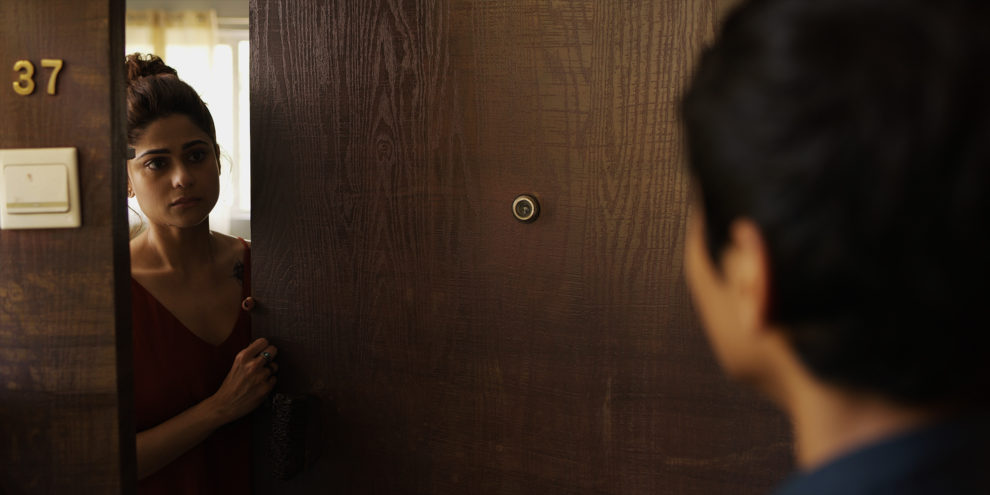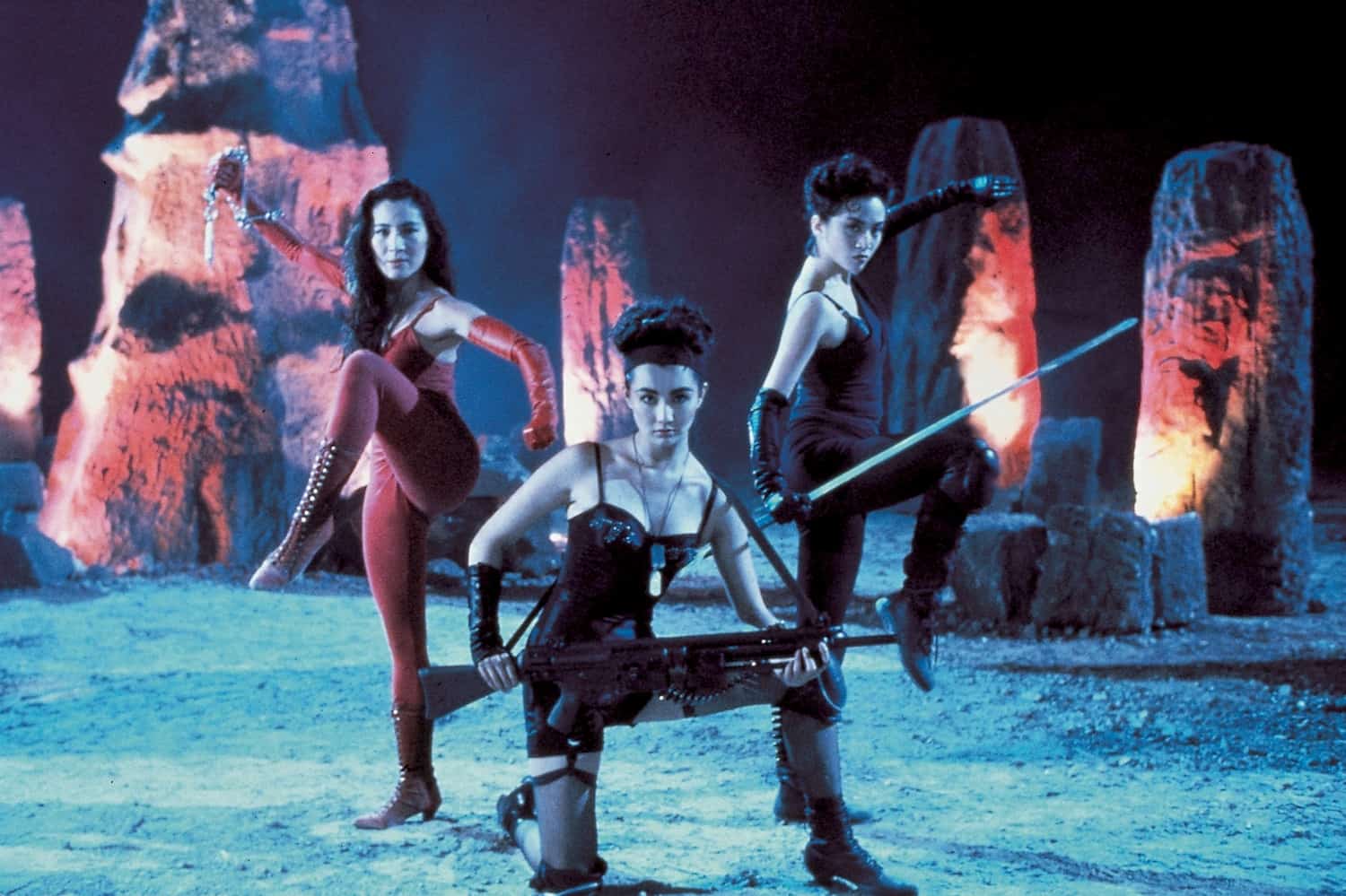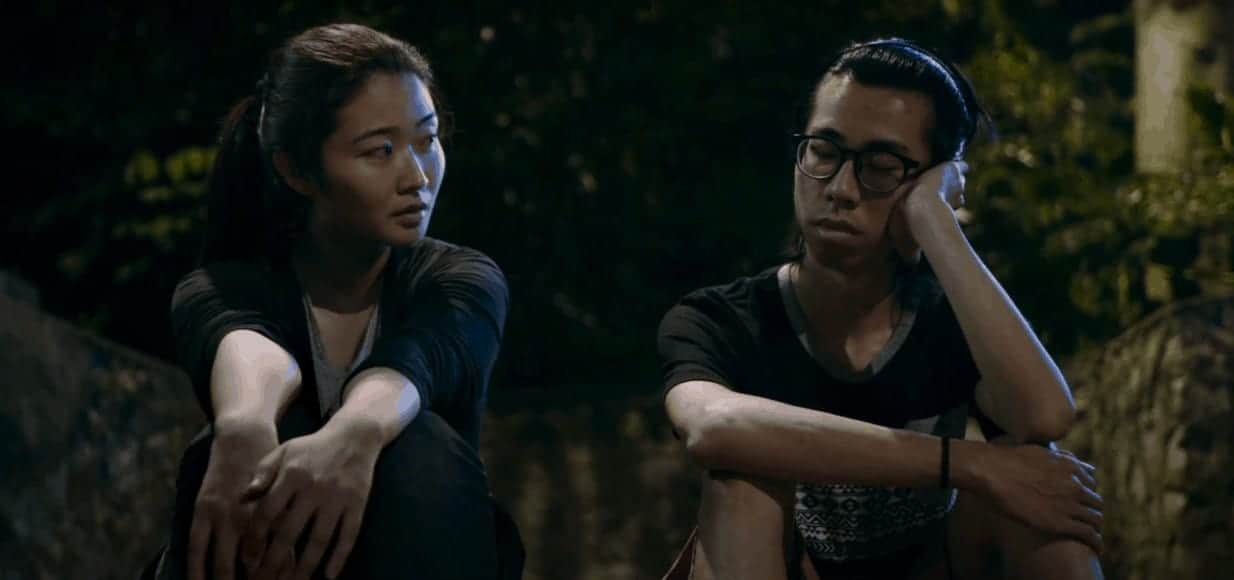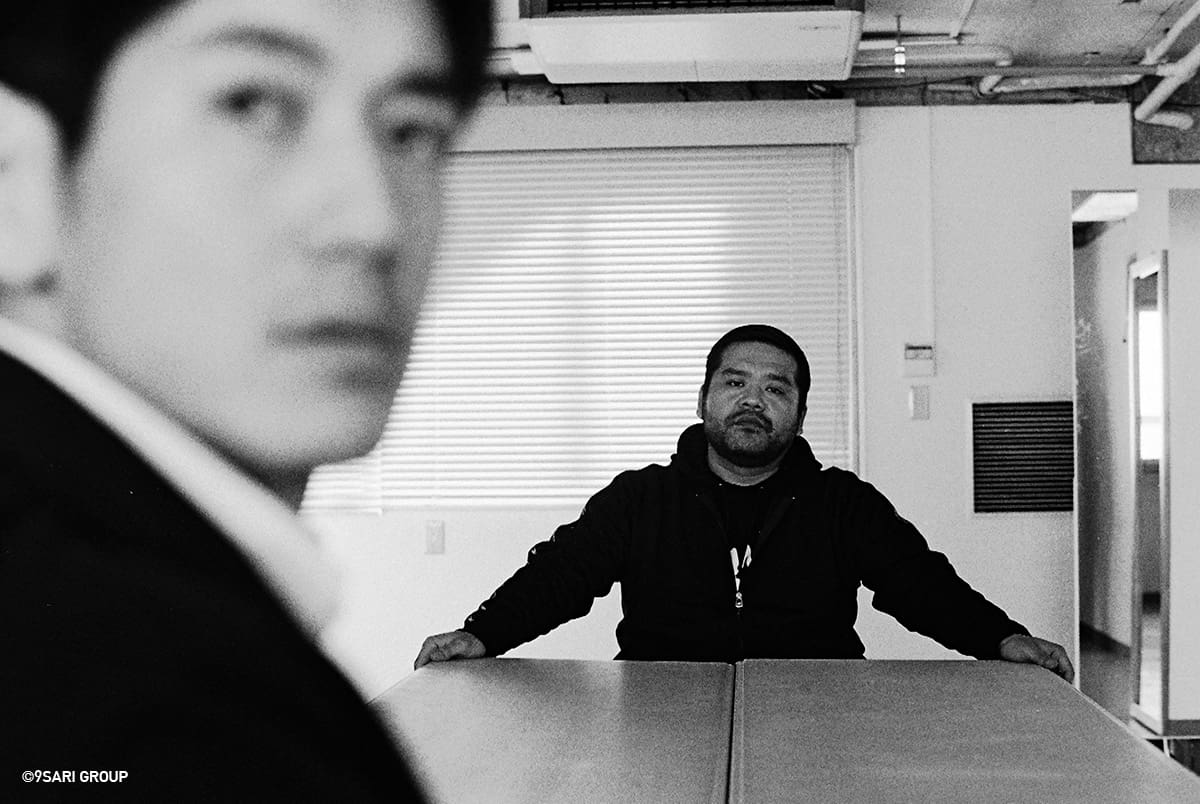Giusepe Tornatore's “Malena” was a rather influential film, whose impact still sends ripples across movie industries all over the world. Sushrut Jain, twenty years later, presents the same two concepts, of a young kid growing up and the place of (particularly single) women in society in the modern, but still rather conservative, setting of a Mumbai suburb.
“The Tenant” is screening at Indian Film Festival of Los Angeles

13-year-old Bharat is struggling with adolescence in a patriarchal Mumbai suburb. His parents' marriage is in crisis; the building bully constantly torments him for being too girly and for attending a high-class, English-speaking school; and his only friend is a childish 11-year-old, who gets even more bullied than he does. Meera, a beautiful cosmopolitan woman from the big city, moves in next door and immediately causes a stir. Bharat is drawn to her and they pursue an unlikely friendship. When Meera introduces him to soul music, her friends, and essentially her life, Bharat finds a whole new world opening up for him. Eventually, however, he stumbles upon a dark secret from her past, and their relationship becomes tense. The ways the two of them decide to proceed with their lives is equally defining.
Sushrut Jain bases his narrative on a number of social concepts, which are expanded by the various secondary arcs that are implemented in the story. The appearance of model-like gorgeous Meera in a setting where every other woman is middle-aged and traditionally looking is the basis for most of them, through the ways it impacts the various tenants. The chairman of the apartment building becomes infatuated with her, highlighting his lecherous ways in a way that comes in direct antithesis with how he wants to present himself-as a local leader. The women in the building feel threatened by her presence, since she has captured the attention of all men, and this sentiment fires up their conservatism and subsequently, gossip, towards a woman they consider a kind of an enemy. The young boys living there have all kinds of sexual fantasies, which are fired up by the way she dresses, which, in comparison with the rest of the women in their lives, seems sultry, while their constant peaking on her from every angle possible intensifies this sense even more.

However, the one who is more impacted is definitely Bharat, whose initial draw to Meera turns into something else, much purer, as he finds himself in love and eager to protect her from every blight in her life. The maturity he shows when he finds out her secret speaks volumes about his character, which seems to be the value that Meera appreciates in him, as he is the only decent male in her life. That she introduces him to a kind of culture he never knew about is one of the most entertaining parts of the film, as it allows Bharat to move away from the blights of traditionalism, and essentially differ from the ways the rest of the men in his setting think about women.
At the same time, however, her reasons behind her attitude towards Bharat are not completely justified. Is it a kind of mother/mentor feeling she needs to experience in her otherwise somewhat dead-end life? Does she realize the feelings the boy has for her and that her attitude makes it really hard for him to keep sane in his adolescent fervor? Why does she trust him so much, considering his age, even giving him the keys to her apartment, a decision that inevitably, causes some issues? The aforementioned are well-implemented in the somewhat romanticized approach of Jain, but a bit more thoroughness in that regard would definitely benefit the film.
The way Bharat's mother feels neglected to the point that she decides to enter a competition where the first prize is dinner with a famous actor is quite interesting, as another comment about how women feel inside their marriage. The ways both Bharat and his father misunderstand her purpose adds a bit more to the comment about the place of women in society. Meera's relationship with an ex-boyfriend is mostly used as an instrument to progress the story and her relationship with Bharat, but is also a comment about how women can be rather naive when they fall in love. On the other hand, Meera's knack for painting seems completely out of place, and obviously aims at some visually intriguing moments, but not much else. The same applies to the sex tape aspect, which seems more an instrument to move and justify the story than a key element of the narrative.
Shamita Shetty gives a highly convincing performance in a demanding role that has her exhibiting a number of attitudes and psychological statuses, including hope, delightedness, mentorship, feeling betrayed, offended and many others, all of which are eloquently portrayed. Jain also placed much on her impressive looks, with her always wearing fashionable clothes, shoes and having impressive hair, a fact that DPs Pankaj Kumar and Nuthan Nagaraj exploit to the fullest through a number of angles that highlight her impressive looks. This aspect also has a contextual meaning, in order to justify the reactions of everyone around her, while the many voyeuristic shots add a rather entertaining sense of sensualism in the movie. John Alan Thompson' editing implements the episodic nature of the narrative nicely, through a relatively fast pace that also adds to the entertainment the title offers.
17-year-old Rudhraksh Jaiswal is great as Bharat, being rather convincing as a 13-year-old-boy that acts much more maturely than his age, but still remains a kid. His chemistry with Shetty is handled excellently by Jain, in one of the best traits of the movie.
“The Tenant” is no “Malena”, but is rather entertaining, well-shot, well directed and acted and manages to communicate its main comments adequately.














